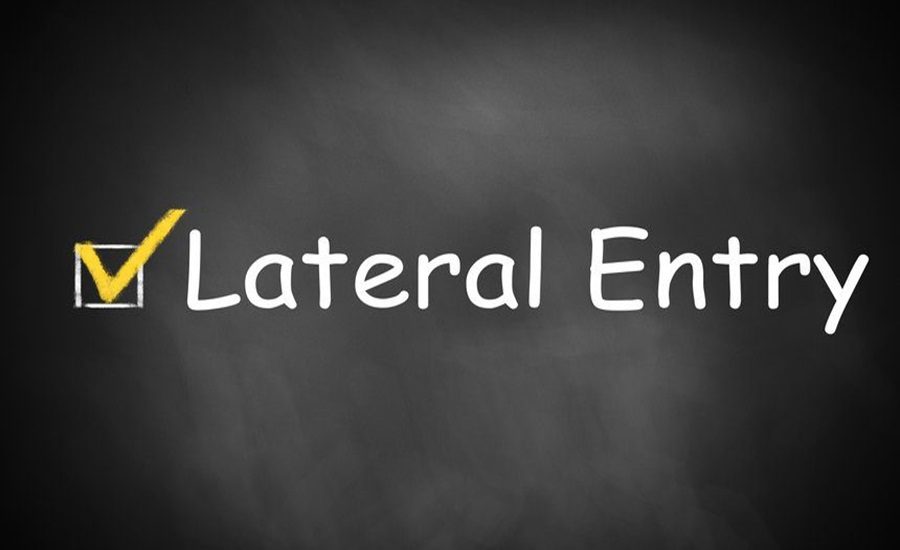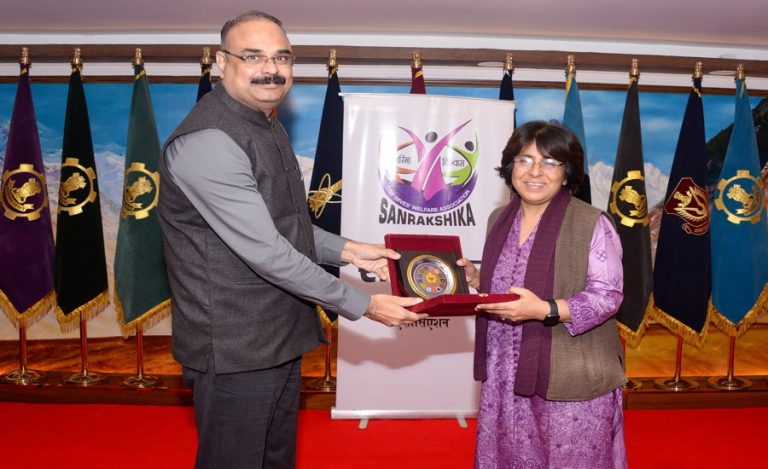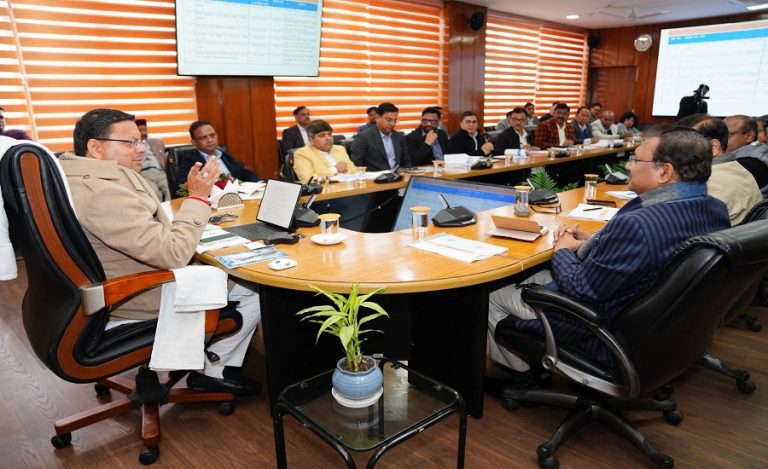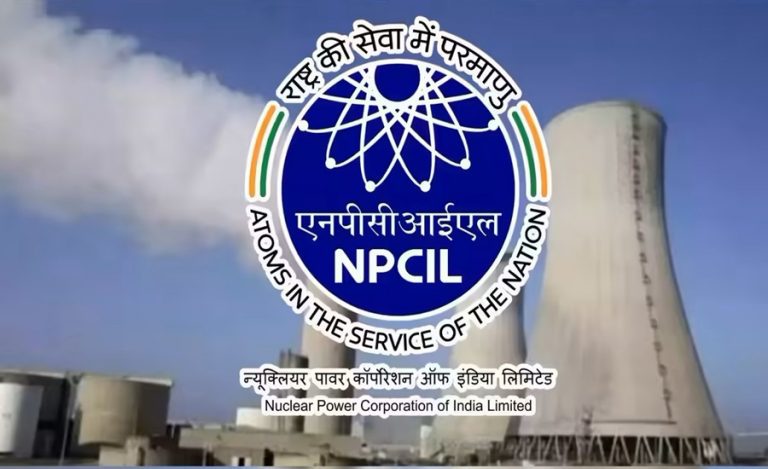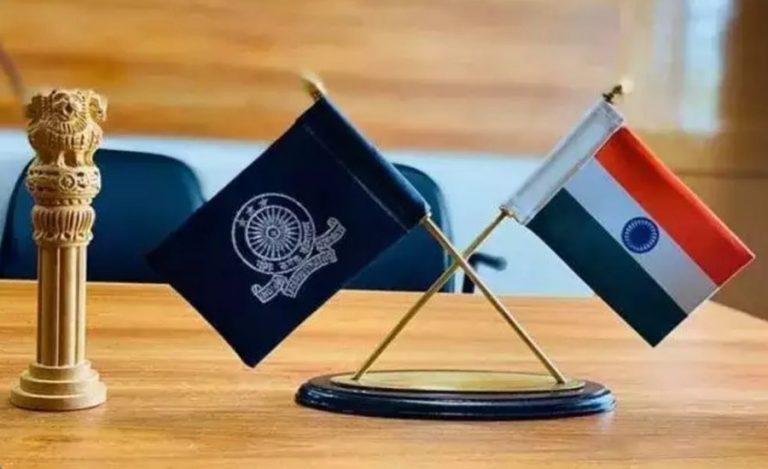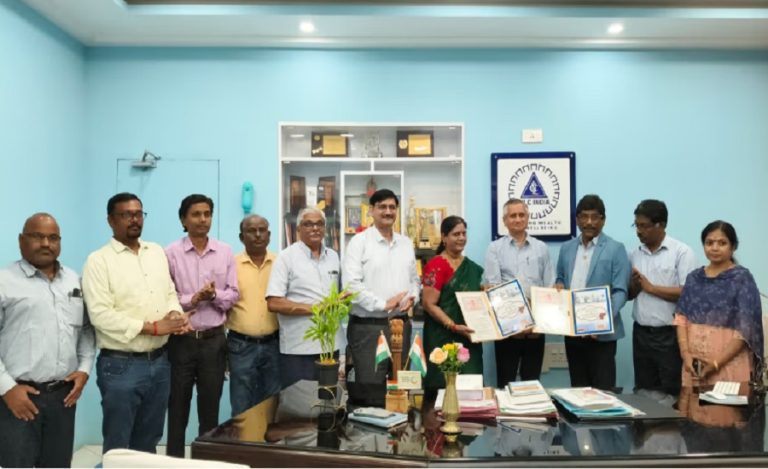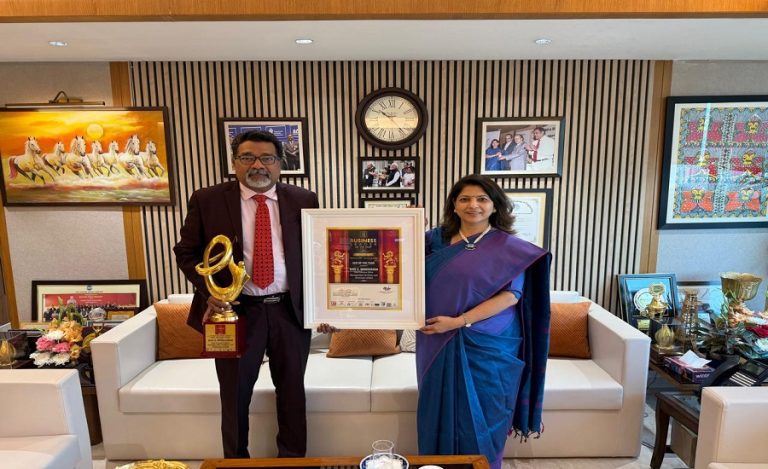New Delhi: The Union Government has clarified that reservation norms do not apply to lateral entry appointments in government services, as these are made for specialised roles on a contract or deputation basis and are typically single-post cadres.
Responding to a question in the Rajya Sabha on Thursday, Union Minister of State for Personnel Dr. Jitendra Singh informed the House that 63 lateral entry appointments have been made since 2018 at the levels of Joint Secretary, Director, and Deputy Secretary through three recruitment cycles – 2018, 2021, and 2023.
Why Reservation Doesn’t Apply: Government Cites Supreme Court Verdict
Dr. Singh, in a written reply, stated that these appointments are exempt from reservation norms as they are made against single-position vacancies, referencing the Supreme Court judgment in PGIMER, Chandigarh vs. Faculty Association and Others.
“Since each of these appointments has been made against a single post cadre, the reservation is not applicable… and accordingly, category-wise data of the appointed officers has not been maintained,” he clarified.
Specialised Roles Justify Lateral Hiring, Says Government
Highlighting the rationale behind lateral entries, the minister noted that candidates are chosen for their specialised skills and domain expertise, often needed for specific projects or reforms. These positions, which include experts from the private sector and academia, aim to inject fresh talent and external perspectives into key government roles.
Currently, 43 officials appointed through lateral entry continue to serve across various ministries and departments.
Background: Lateral Entry vs Traditional Bureaucracy
Lateral entry refers to the direct recruitment of domain experts – often from the private sector or academia – into senior roles in government, bypassing the traditional UPSC civil service exam route.
This system has been both praised and criticised. Supporters argue it brings much-needed expertise and efficiency, while critics have raised concerns about transparency and the lack of reservation provisions for underrepresented communities.
In August 2024, the UPSC reportedly cancelled a lateral entry recruitment drive following a political controversy over the absence of a reservation framework, reigniting debate around inclusivity and fairness in appointments.

